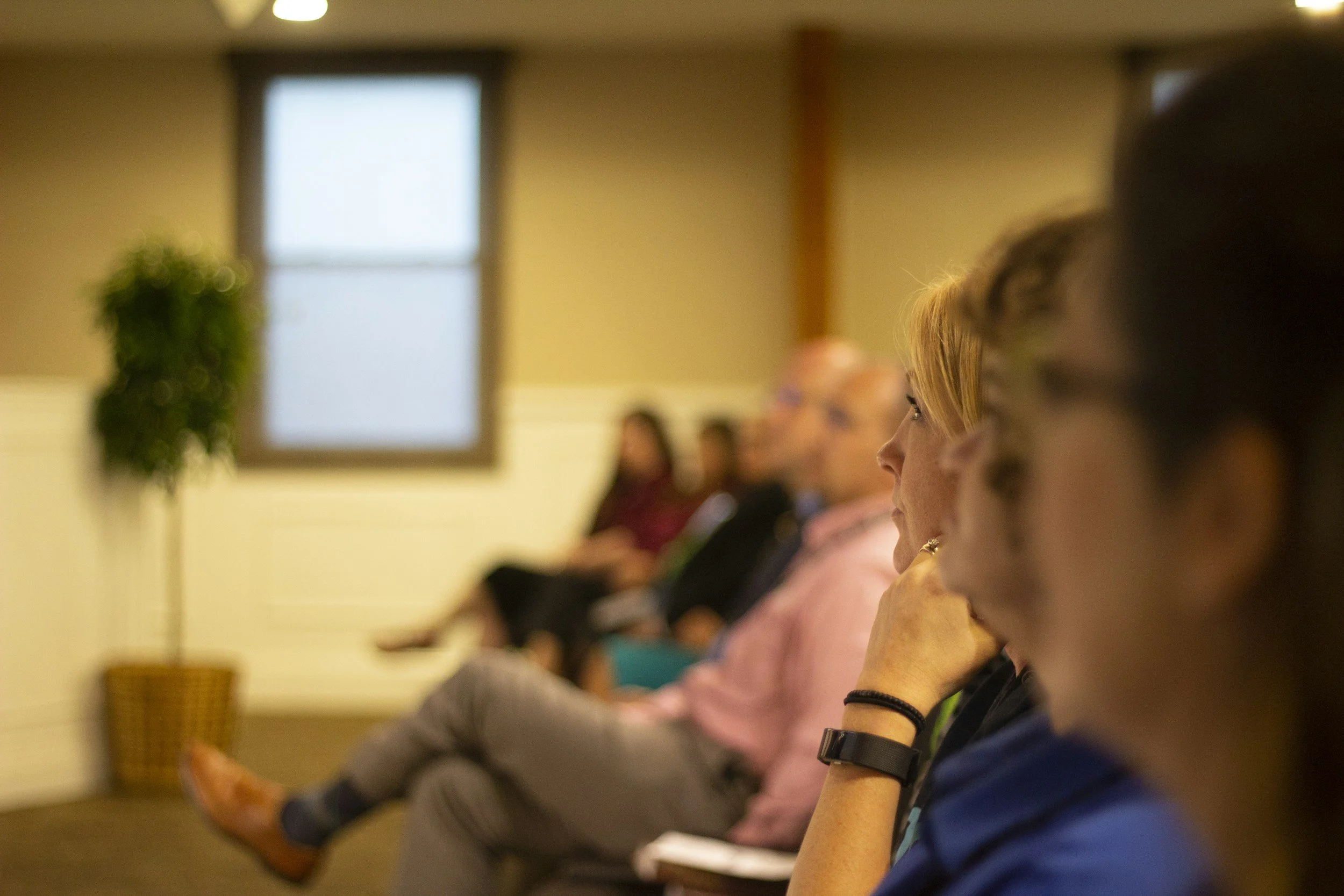Democratizing Stroke Recovery: Psilocybin
Recovering from a stroke can feel like an uphill battle. The standard treatments—physical therapy, meds, and cognitive rehab—can certainly help, but they often leave survivors (myself included) feeling frustrated and disconnected from their old selves. Most traditional approaches focus on the body, but what about the mental and emotional side of healing? There may be another holistic approach with something you might not expect: psilocybin.
Psilocybin, the psychedelic compound found in certain mushrooms, is getting a lot of attention lately, mainly for it’s impact on depression and anxiety. While it’s often associated with alternative healing, psilocybin could have serious benefits for both the mind and the body. At the Mushroom Stroke Center, we believe that psilocybin can help stroke survivors heal in a more complete way—addressing the mental and emotional impacts of a stroke while possibly aiding physical recovery as well.
One of the most exciting aspects of psilocybin is how it could help make stroke recovery more accessible and affordable. The cost of acquiring psilocybin, whether through home cultivation or legal avenues, can range from $50 to $100, often far cheaper than the medical costs associated with standard treatments. (I’m thankful my stroke occurred in Hong Kong – my entire 5 day stay, complete with 3 CT scans, 2 MRIs was $2500 ($500/day, without insurance as a foreigner) When I got back to the United States, a single MRI was $4500.)
One way to get started with psilocybin is through microdosing. This means taking small amounts that don’t cause any intense effects but can still help boost mood, focus, and emotional resilience. Microdosing may be a preferred, “lower-risk” way to explore psilocybin, especially if you’re new to it. Some researchers think larger doses—meso or macro—might be needed for deeper physical healing, but starting small and working with a healthcare professional is key to finding the right path for each person.
There are also many free resources available online that can guide you through microdosing or other therapeutic uses of psilocybin. For those who want professional support, microdosing guidance programs can be found for around $850—less than what you’d pay for just two occupational therapy sessions. Psilocybin offers an alternative that could potentially give stroke survivors more control over their healing journey, both financially and therapeutically.
Myself, and a few other’s I’ve spoked to, describe “miracle weeks” where they’ve seen unexpected improvements in motor skills, mood, or cognitive abilities after taking psilocybin. Early studies even suggest that psilocybin can boost neuroplasticity, the brain’s ability to form new connections—something that’s super important in stroke recovery. These experiences and research hint that psilocybin could help heal not just the emotional scars from a stroke but also play a role in physical recovery.
At the Mushroom Stroke Center, we’re all about making stroke recovery more accessible and empowering by offering alternative treatments like psilocybin. It’s not for everyone, but if you feel curious and are open to responsibly exploring something different, psilocybin could be an important tool in your recovery toolbelt. We encourage stroke survivors, caregivers, and healthcare pros to stay open-minded and join us in rethinking what stroke recovery can look like.


